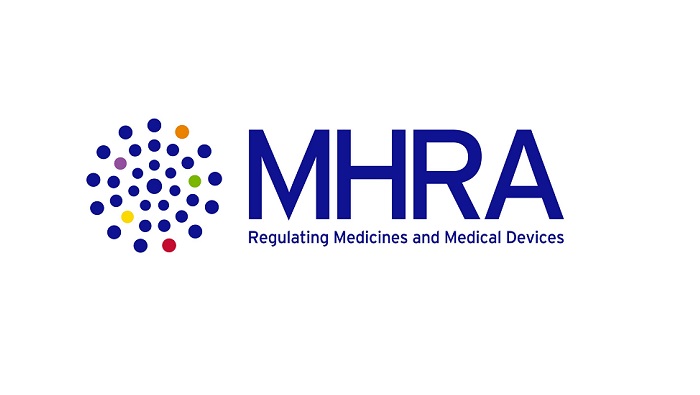The Medicines and Healthcare products Regulatory Agency has gone on to launch a new scheme that seeks to lessen the nod time when it comes to clinical trials in the UK that are at lowest risk by more than 50%.
The novel notification scheme is based on the one illustrated in the MHRA’s clinical trials consultation, which has received approval from 74% of the respondents.
This happens to be a significant component of the regulator’s overall revision of the clinical trials regulation that went on to be announced in March 2023. The goal of this revision is to position the UK as one of the best destinations when it comes to conducting clinical trials.
It is well to be noted that the eligibility criteria for clinical trials under the MHRA’s new Notification Scheme are as follows:
As per Andrea Manfrin, who happens to be the Deputy Director of Clinical Investigations and Trials at MHRA, the scheme allows for a more efficient and equal method of handling Clinical Trial Authorizations (CTAs) for the initial applications in Phase III as well as IV trials.
The fact is that the lowest-risk of these trials will be handled by the MHRA inside a span of 14 days, as opposed to the mandatory 30 days. The trial sponsor will need to show that the trial satisfies the MHRA’s criteria, which include safety issues associated with the investigational medicine.
The MHRA states that approximately 20% of initial clinical trial requests in the UK are predicted to meet the criteria for the Notification Scheme.
The new scheme adheres to specific criteria, and it is well worth noting that the amended applications for clinical trials will not be considered eligible. The agency stated that trials satisfying the eligibility criteria will continue to have to obtain a verdict from a research ethics committee.
Dr. June Raine, the Chief Executive of MHRA, stressed the importance of prioritising patients’ well-being. She suggested that clinical trial sponsors utilise the new scheme for all trials that meet the necessary criteria.
Manfrin expressed that the proposed scheme would go on to provide patients with quicker access to perhaps some life-saving medications. This would be achieved by expediting the licencing process, which would eventually help the pharmaceutical industry across the world.
Manfrin said that one of the main challenges when creating the scheme was to establish an accurate method for measuring its success. In order to tackle these obstacles, the plan will be implemented in multiple phases to ensure an in-depth assessment, with a particular focus on the safety of the patients, which is an utmost priority, as well as the proposal’s scalability.
Advocating for the future of clinical trials in the UK
Dr. Janet Messer, who is the Director of Approvals at the Health Research Authority, mentioned that the combined review has already cut down the time required for examining clinical trials by a half as opposed to five years ago. She expressed interest in examining how the UK’s fast-track Research Ethics Service can work in tandem with the new notification scheme to further hurry up high-quality health and also social care research.
The MHRA has concluded that it will continue to review the criteria for notification of clinical trials and has declared that there is potential for the scheme to be broadened to include medium-risk clinical trials in the times to come.



















